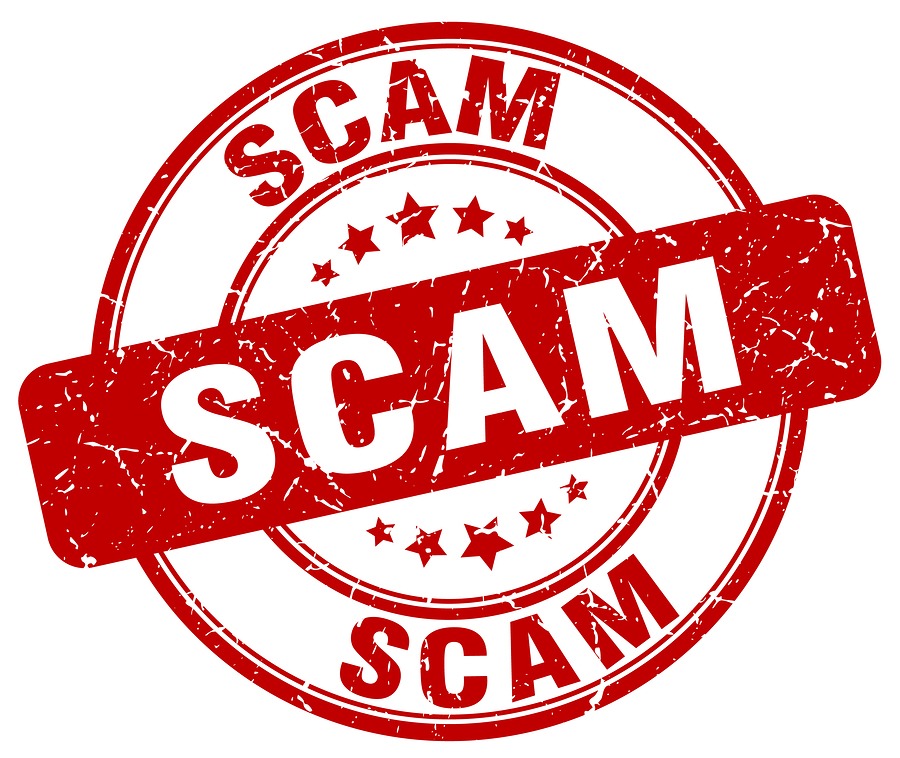

Buying a used air conditioner can be a great way to save money, but it’s crucial to be vigilant and knowledgeable to avoid getting scammed. This guide provides smart tips for finding a high-quality used AC and negotiating a fair price. It’ll walk you through inspecting used units, comparing prices, and verifying the seller. You’ll learn to spot potential scams and make informed decisions to get the best value for your money and avoid unpleasant surprises.
Understanding the Used AC Market
Assessing the Value of Used ACs
Used air conditioners (ACs) offer a potentially significant cost savings for those in need of cooling solutions. When compared to purchasing a new model, a used AC can be an attractive option, often with considerable financial advantages. However, navigating the used market comes with challenges. You must differentiate between a reliable and well-maintained unit and one that is likely to lead to further costs and frustration later. A careful and knowledgeable approach is paramount to protect your investment and avoid potential scams.
Identifying the Potential Savings and Risks
Finding a high-quality used AC can save you considerable money compared to buying a new one. However, the potential for scams and poorly maintained units exists. Many sellers have reasons to disguise or hide the real condition of their product, sometimes leading to expensive repairs or replacements down the road. This is why meticulous preparation and a strong understanding of the buying process is absolutely necessary.
Evaluating Used ACs for Quality
Thoroughly Inspecting the Unit
Before committing to a purchase, meticulously inspect the entire unit. Begin with the exterior to see signs of damage, rust, or corrosion. Check the condenser coils and fins for obstructions, debris, or unusual discoloration. Next, check the compressor and other components for visible damage. Listen for any unusual noises during operation. Examine the internal components, such as the evaporator coils and blower motor, paying close attention to any possible obstructions, corrosion, or damage. Insist on inspecting every component with a critical eye.
Checking for Previous Problems
Asking the seller about the unit’s history can reveal important details about its condition and potential problems. Questions about previous repairs, replacements, or maintenance are crucial. Ask for any maintenance records or documentation that might provide insights into the AC’s upkeep history. If possible, contact previous owners to determine the long-term history of the air conditioning unit.
Comparing Prices and Negotiating
Identifying Comparable Models
Research the market value of comparable models to ensure you’re not overpaying for the used AC. Utilize online resources, classified ads, and local retailers to get a good idea of the average price range for similar used air conditioners. Consider the age, brand, and features of the unit. This research helps determine if the offered price is fair.
Strategies for Negotiation
Be prepared to negotiate the price. If the unit shows signs of wear or has a poor maintenance history, firmly negotiate a lower price. Be polite but firm. Express your concerns regarding any discrepancies and potential repairs. If the seller is not willing to negotiate, be ready to walk away.
Verifying the Seller’s Credibility
Checking Seller Reviews and Background
Scrutinize the seller’s reputation. Check online review platforms and local communities for reviews and feedback from previous buyers. Be wary of sellers who have a history of negative experiences. A seller’s track record often indicates their reliability, transparency, and commitment to customer satisfaction.
Insisting on Proper Documentation
Request clear and detailed documentation for the used AC. If the seller offers limited or no documentation, that could signal a potential issue. Look for any warranty or maintenance information to get more assurance.
Safety Precautions
Avoiding Electrical Hazards
Electrical issues can be hazardous. Have a qualified electrician inspect the electrical components if possible. If you lack the expertise in these matters, seek professional assistance.
Considering Potential Health Risks
Contact your local authorities if you suspect that a seller is providing a product that is damaged and may harm your health. Understand potential risks, such as leaks or unusual smells, from improperly maintained or damaged AC units.
Conclusion
FAQ
FAQ
FAQ
FAQ:
Q1: What are some common red flags to watch out for when buying a used AC?
A1: Common red flags include unrealistic prices, vague or inconsistent seller information, lack of clear documentation, and a reluctance to allow a thorough inspection. A seller who is unwilling to disclose the unit’s history or provide clear answers to your questions is a potential red flag. Insist on seeing the unit’s maintenance records if they are available. Look for signs of damage to the compressor, condenser, or other critical components. Also pay close attention to the overall cleanliness and condition of the unit and its accessories. Be wary of sellers who seem overly eager to close the deal without letting you thoroughly inspect the unit.
Q2: How can I compare the prices of used air conditioners before making a purchase?
A2: Compare prices across various online marketplaces, classified ads, and local retailers. Note that a significantly lower price than the average market value might suggest hidden issues. Visit local shops and ask for quotes on repairs or service contracts if necessary. Compare the advertised price of the used AC to similar models and determine if it’s within a reasonable range. Check online reviews of sellers to see what other buyers have experienced. Look for reputable sellers with positive customer feedback. Remember to verify the seller’s license or business registration if possible.
In conclusion, purchasing a quality used air conditioner requires careful consideration, research, and vigilance. By following this guide, you can greatly improve your chances of finding a reliable, well-maintained unit at a fair price. Don’t be afraid to ask questions, get second opinions, and prioritize your safety when dealing with used appliances. Remember to compare prices, research the seller, and thoroughly inspect the unit before committing. By being proactive and informed, you can avoid costly mistakes and enjoy a cool and comfortable home without getting scammed. Contact reputable sellers and get expert advice if you need it.